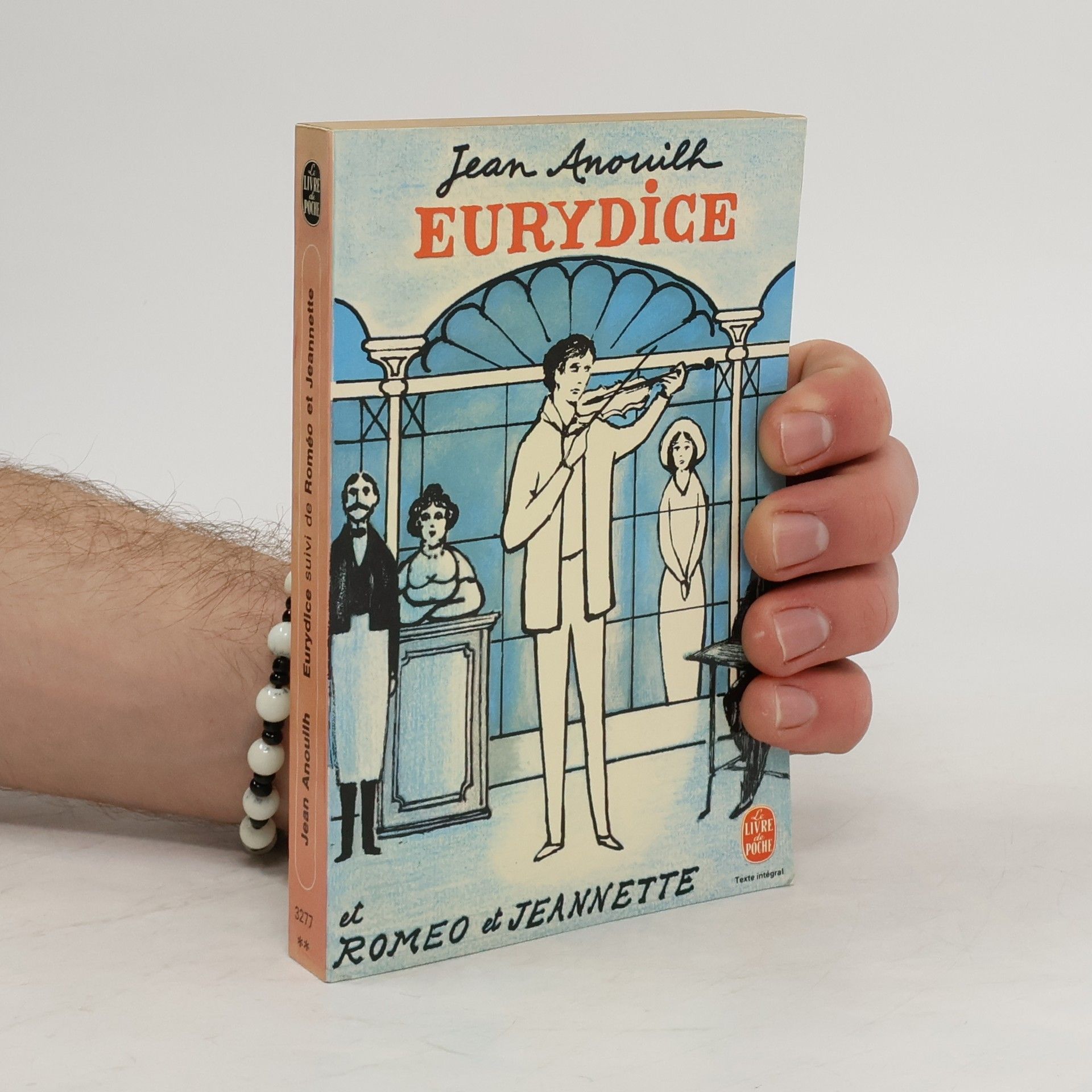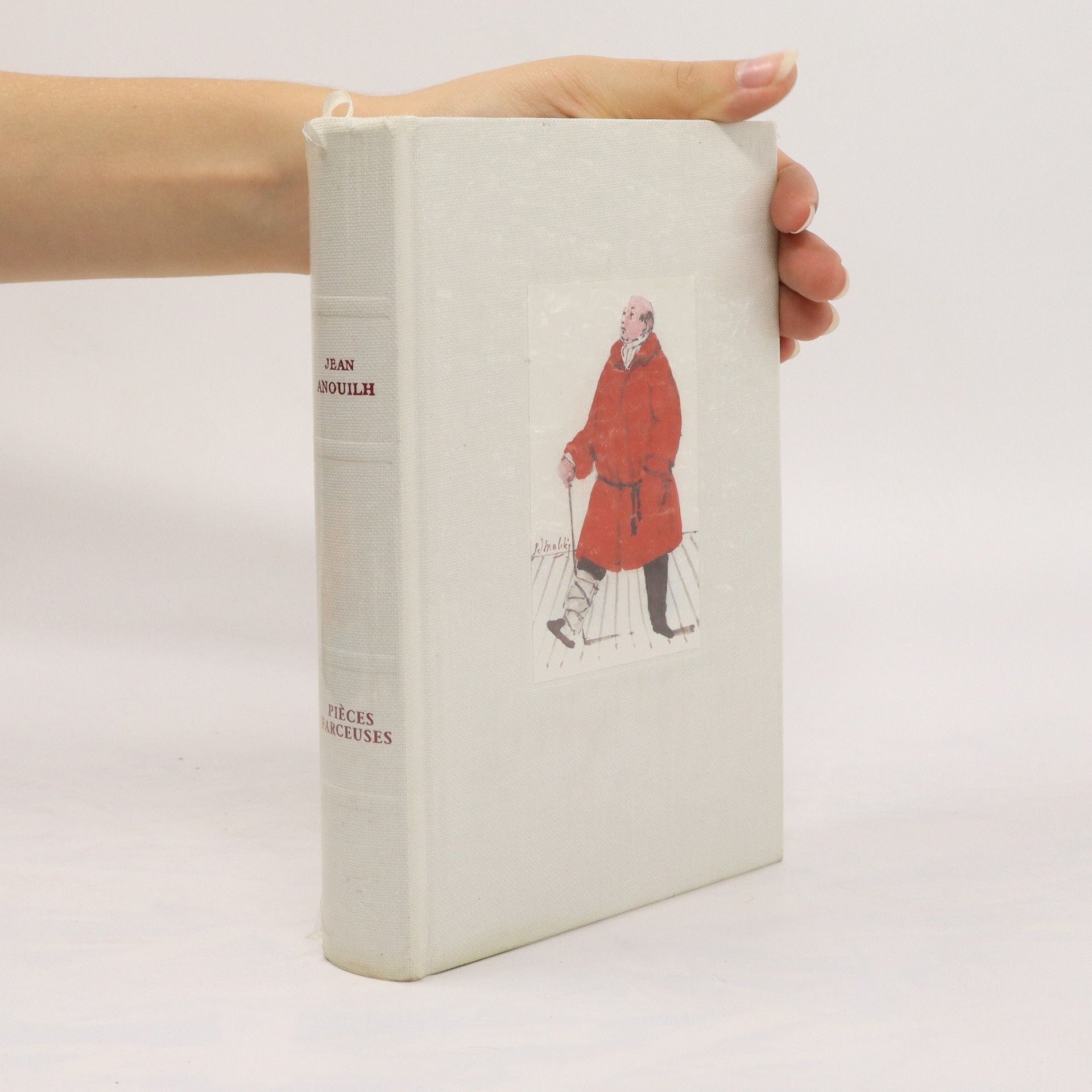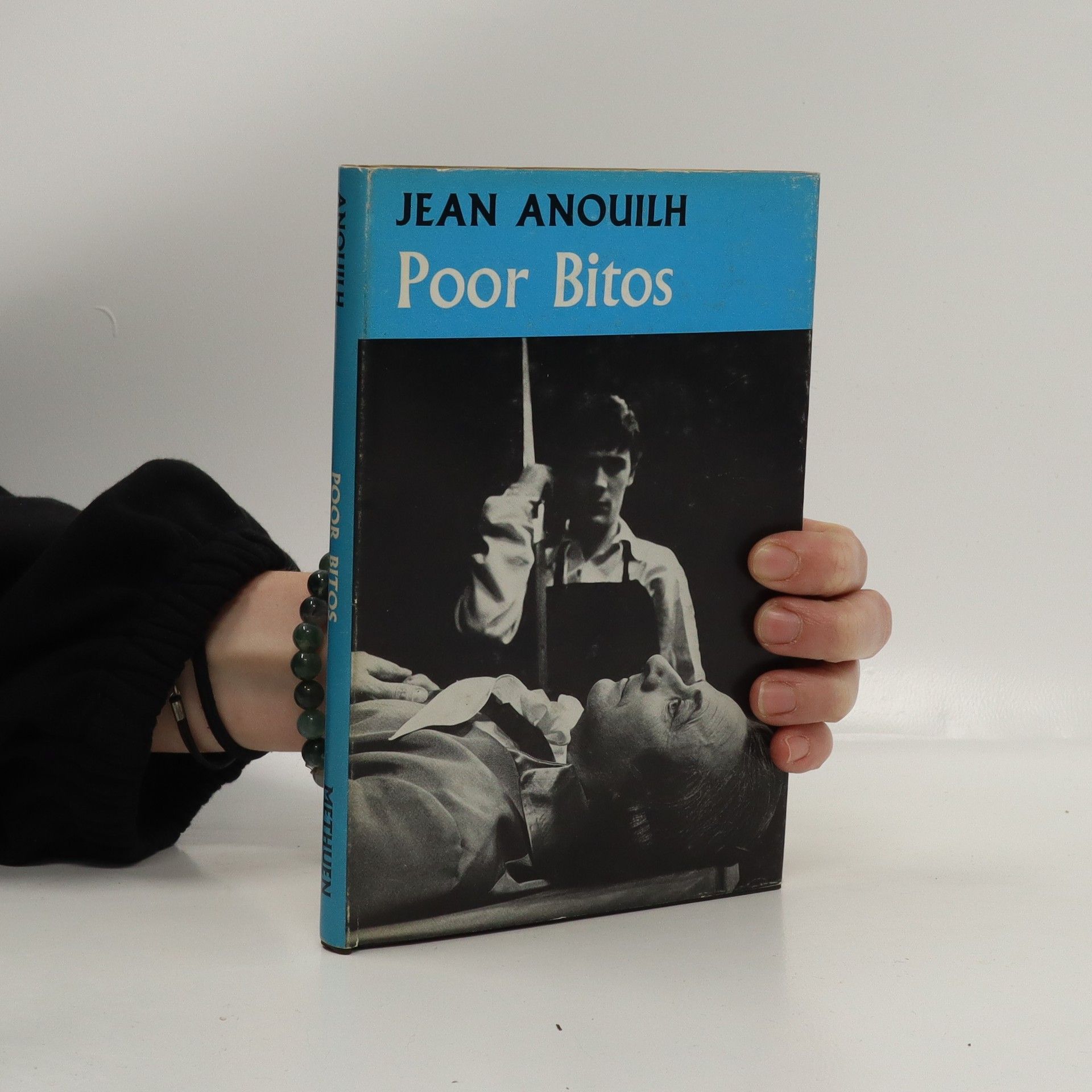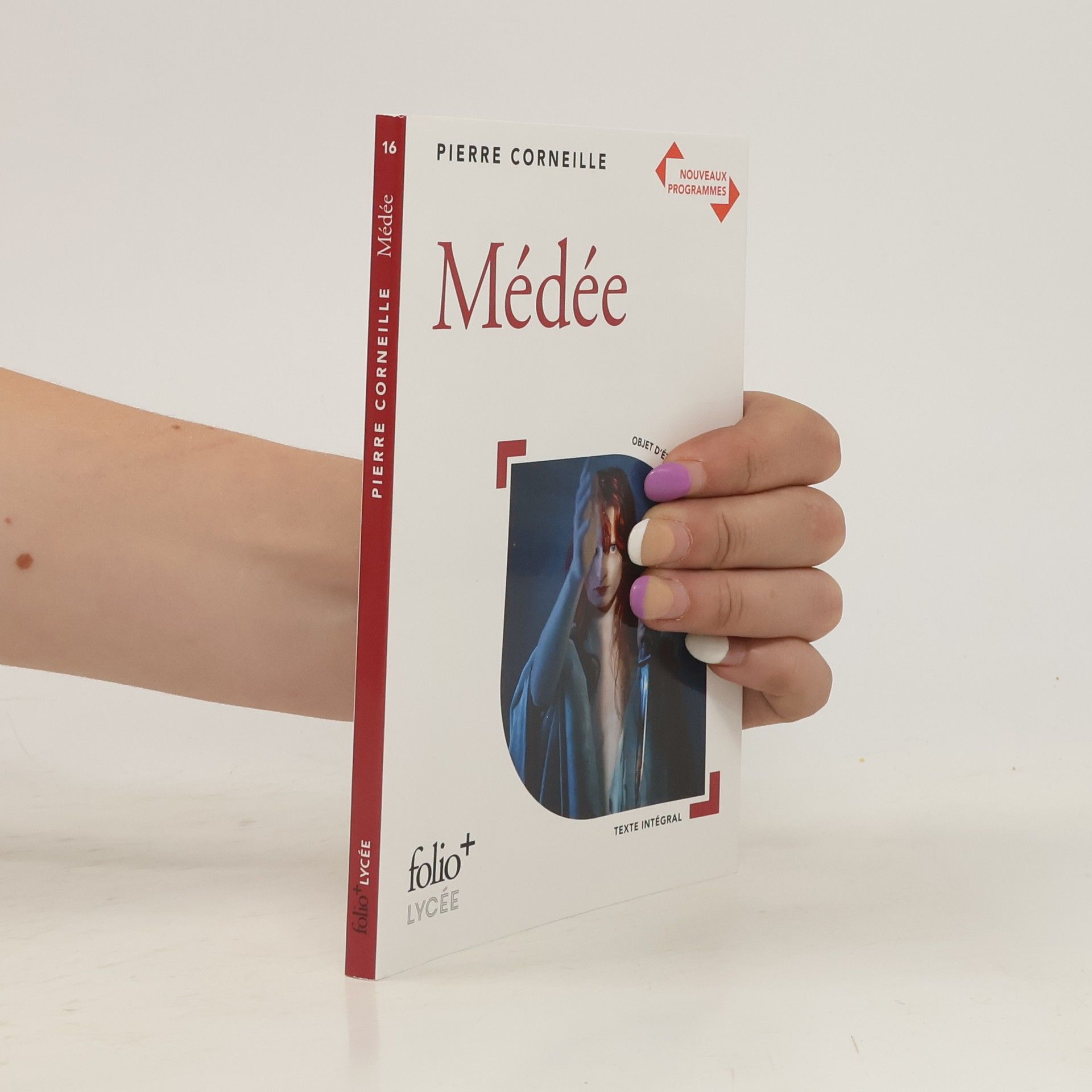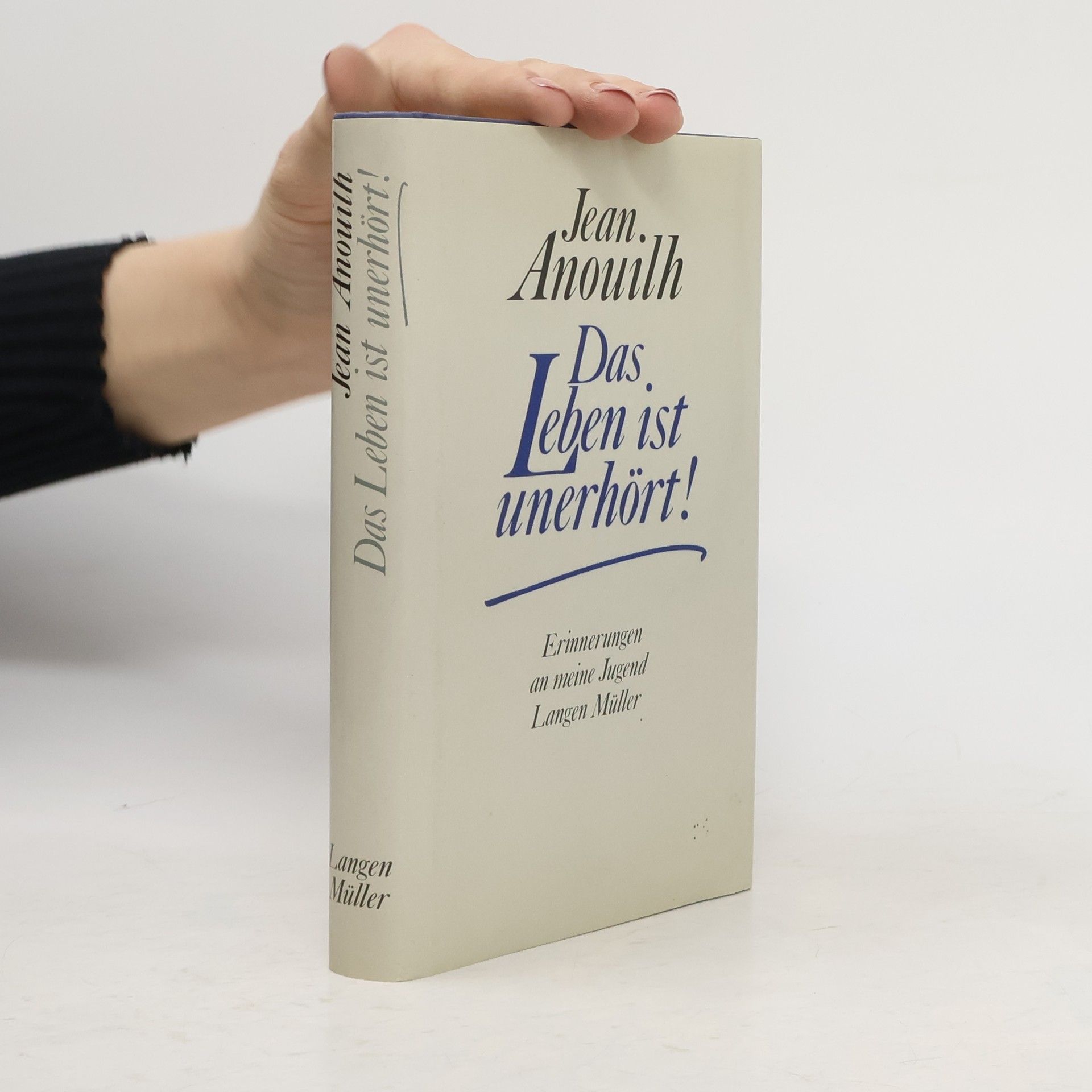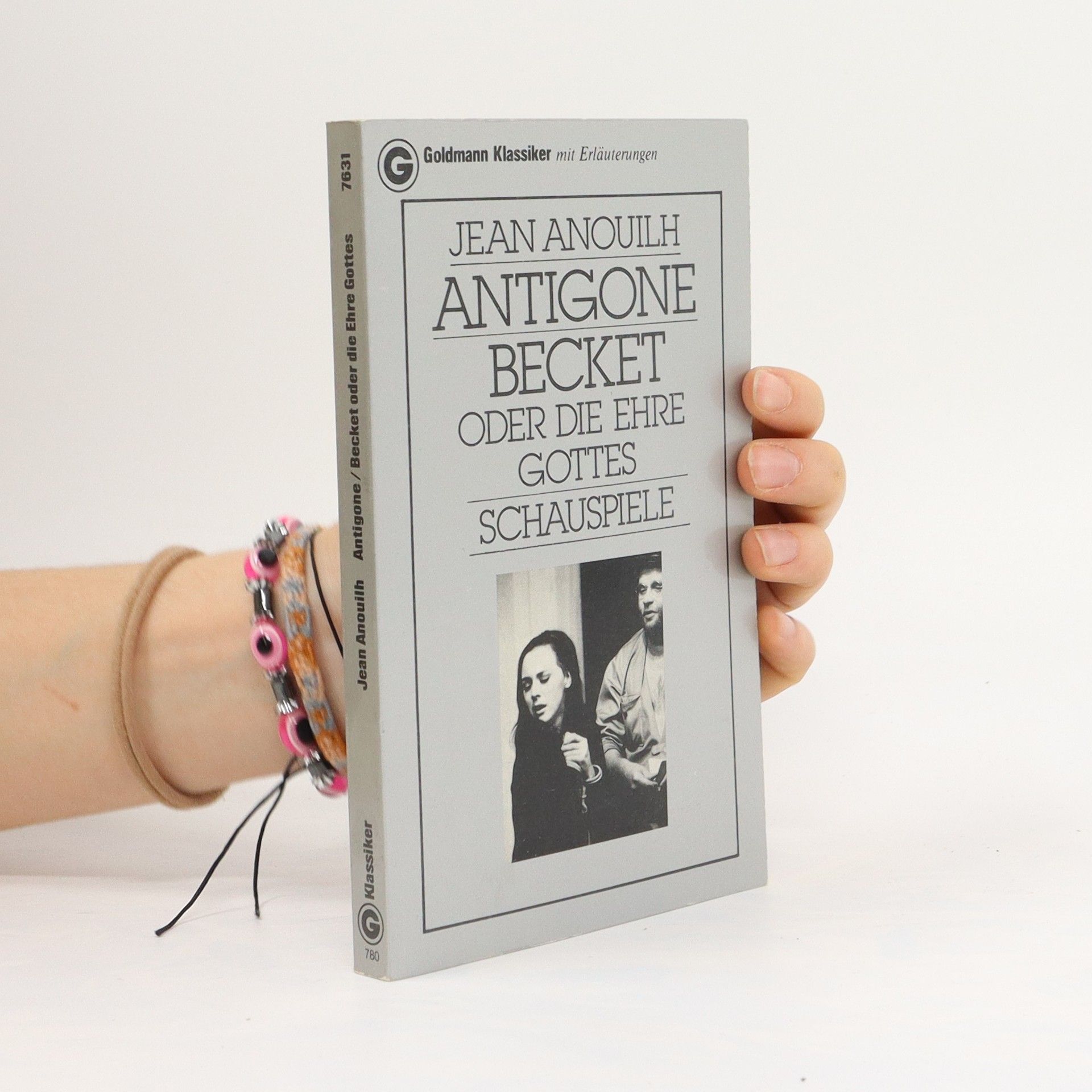Wer lächelt, statt zu toben, ist immer der Stärkere
- 32 pages
- 2 hours of reading
Was haben Erdmannchen an sich, dass sie jeder mag? Ist es die haufig aufrechte Korperhaltung oder der ausgepragte Gemeinschaftssinn, der sie uns so menschenahnlich erscheinen lasst? Zugegeben: Erdmannchen sind einfach putzig! In diesem Buch sind besonders witzige und ausdrucksstarke Fotos mit heiteren Zitaten und Lebensweisheiten zusammengestellt. SO zaubern Sie dem Beschenkten garantiert ein Lacheln ins Gesicht!


